Located in the northern part of Guizhou, Jinsha County boasts a long and rich Tea culture. Jinsha is one of the birthplaces of tribute tea culture in western China and even nationwide, with a history that can be traced back to Tang Meng's mission to Yelang during the reign of Emperor Wu of Han, all the way down to the Jiaqing period of the Qing Dynasty. In the past, Jinsha's “tribute tea” was renowned in the imperial capital, its fragrance spreading far and wide; today, Jinsha County is vigorously promoting the industrialization of tea production, and its teas have gained fame both at home and abroad. In 2009, Jinsha County was officially named the “Hometown of Chinese Tribute Tea” by the China Tea Circulation Association.
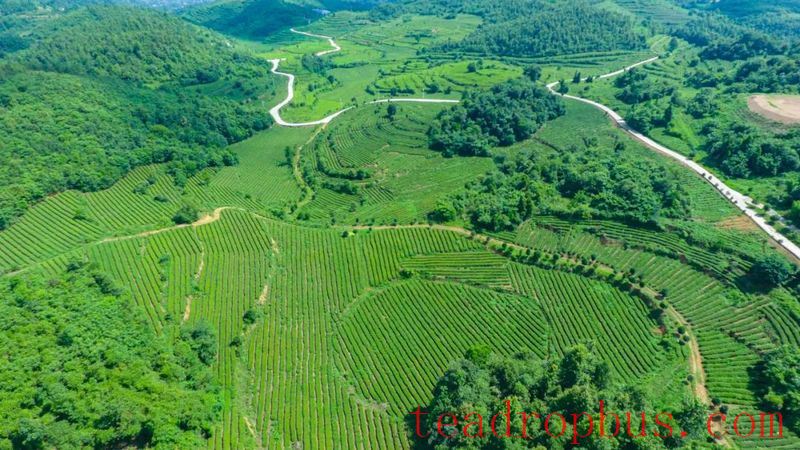
Jinsha's tribute tea has a long history. It is known that Tang Meng, a general from the Hanzhong region, was commissioned by Emperor Wu of Han to lead a thousand soldiers from Bashu, starting from Fuguan at the mouth of the Chishui River and traveling up the river to the town of Qingchi in Jinsha, which borders Gulin. According to records of Dading Prefecture: During his mission to Yelang, Tang Meng stayed in Qingchi for a day, where the local ethnic minorities offered him their freshly made tea. After tasting the sweet and refreshing tea from Qingchi, Tang Meng and his troops remarked, “I have been on the road for nearly a year since leaving the capital, and I have not tasted such good tea.” Before departing, Tang Meng purchased 10 catties of this tea to present to Emperor Wu of Han. Upon tasting it, Emperor Wu praised it highly and personally named it “Yelang Tea,” decreeing it as a tribute tea.
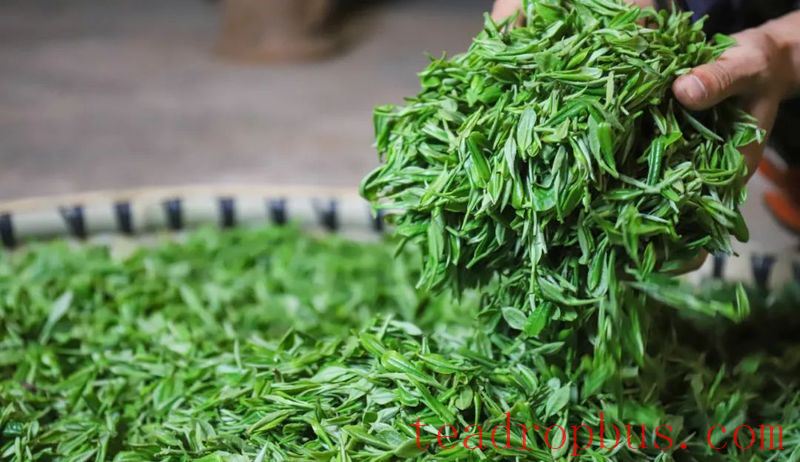
During the Hongwu period (1368-1398) of the Ming Dynasty, Lady Shexiang, the consolatory chieftainess, went to Nanjing to pay homage to Zhu Yuanzhang, presenting 23 horses to the court along with a large quantity of high-quality Qingchi tea. During the Qing Dynasty, Jinsha's tribute tea was sold in various places. Jinsha County is also home to ancient tea trees, some of which are over a thousand years old, a rarity in the country.
Today, at the ancient ferry crossing near the border of Qingchi Town, Jinsha County, and Gulin County, Sichuan Province, three tribute tea steles erected during the Tongzhi period of the Qing Dynasty are still preserved. One of them records: “The tea from Clearwater Pond is transported via ferry through Gulin and out of Sichuan, selling well everywhere, and tributes are paid annually. Unfortunately, the yield is small.”
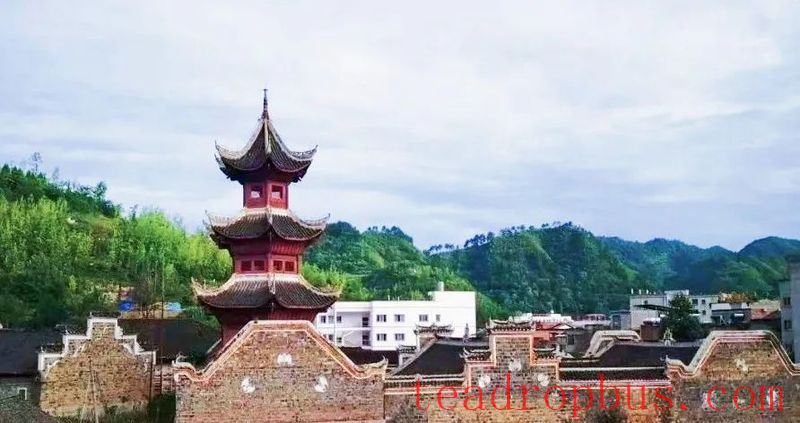
In Qingchi Street, the Jiangxi Guildhall built during the Jiaqing period of the Qing Dynasty is still preserved. Research shows that this guildhall was once bustling with merchants, engaging not only in salt and tea trade but also serving as an important venue for the spread of tea culture.
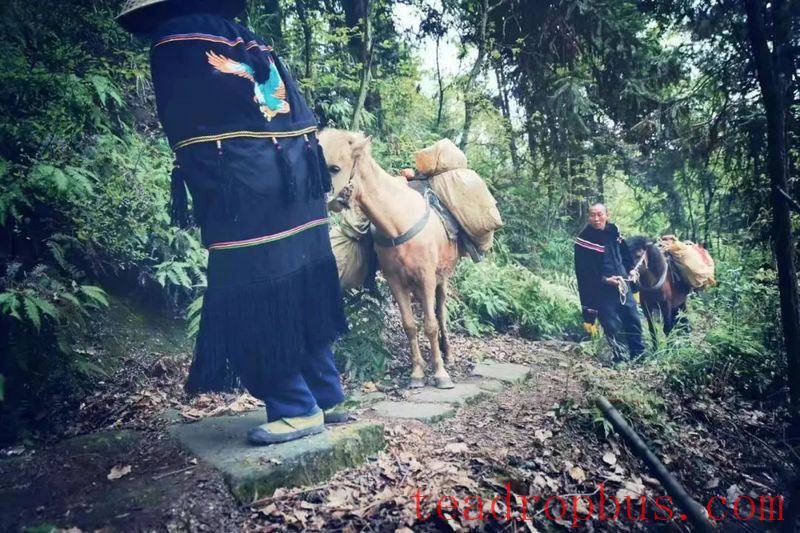
Qingchi is one of the ancient tea-producing areas in Jinsha, with a long history of tea cultivation. According to legend, local officials, impressed by the appearance, quality, aroma, and color of Qingchi tea, presented the tea from Huilong Bay in Qingchi as a local specialty to the imperial court. Qingchi tea became highly favored by court officials. As a result, Qingchi was granted special permission by the imperial court to “pay taxes in kind with tea,” and thus, Qingchi tea became one of the tribute teas.
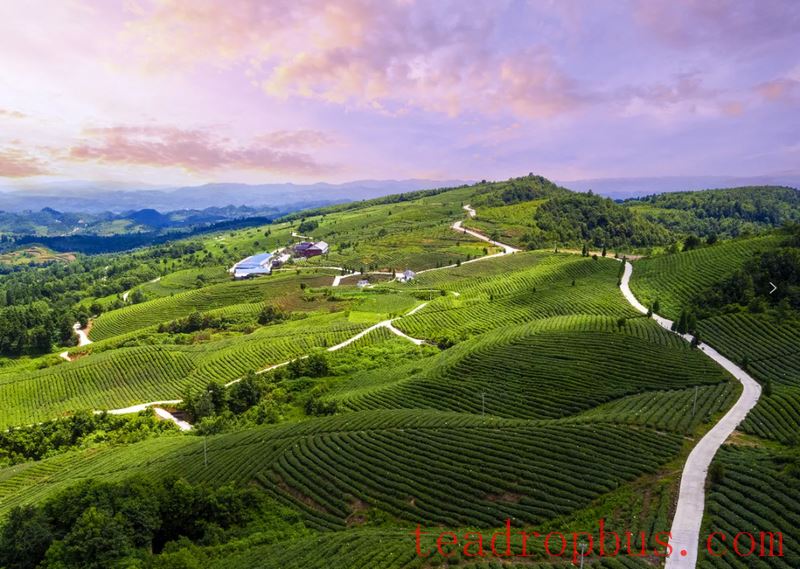
In 1988, Qingchi Maojian tea was recognized as a “Historical Famous Tea of Guizhou” and included in the “Compendium of Chinese Foods – Guizhou Volume.” In May 2009, at the Sixteenth Shanghai International Tea Culture Festival, the “Qingchi Maojian” submitted by the Jinsha County Tea Growers' Cooperative won the gold medal, while “Qingchi Green Tea” won the Silver medal. The “Tianling Cuirpian,” “Tianling Golden Needle,” “Tianling Mao Feng,” and “Tianling Daughter Tea” submitted by Tianling Tea Co., Ltd. won three golds and one silver. At the “China Guizhou International Green Tea Expo” held in Guiyang in 2009, the “Qingchicuirpian” brand produced by the Jinsha County Qingchi Tea Growers' Cooperative stood out among the 49 tea samples entered in the competition and won the title of “Ten Famous Teas of Guizhou.”
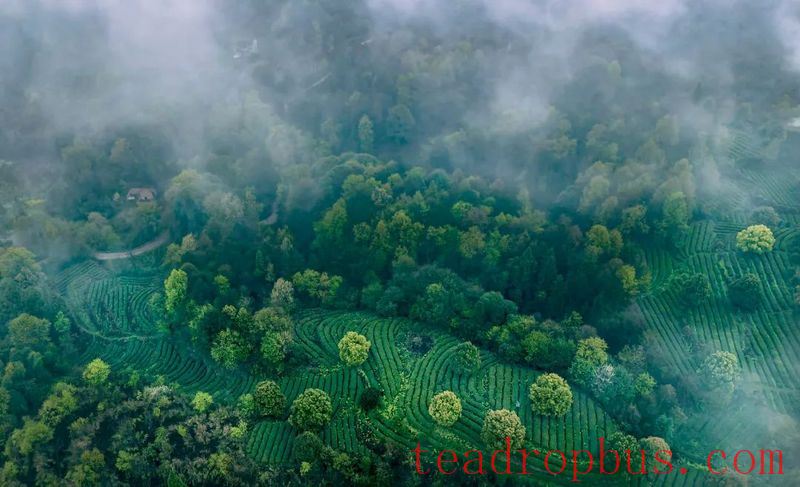
High mountains shrouded in mist and fog, with the aroma of tea permeating the air. Jinsha County, with altitudes ranging from 800 to 1,100 meters, has a long history of tea production and holds multiple prestigious titles, including “Hometown of Chinese Tribute Tea,” “Top 100 Tea Counties in China,” and the national geographical indication protected product “Jinsha Tribute Tea.” From 2025 to 2025, our county has been listed among the top 100 tea counties in China for three consecutive years.